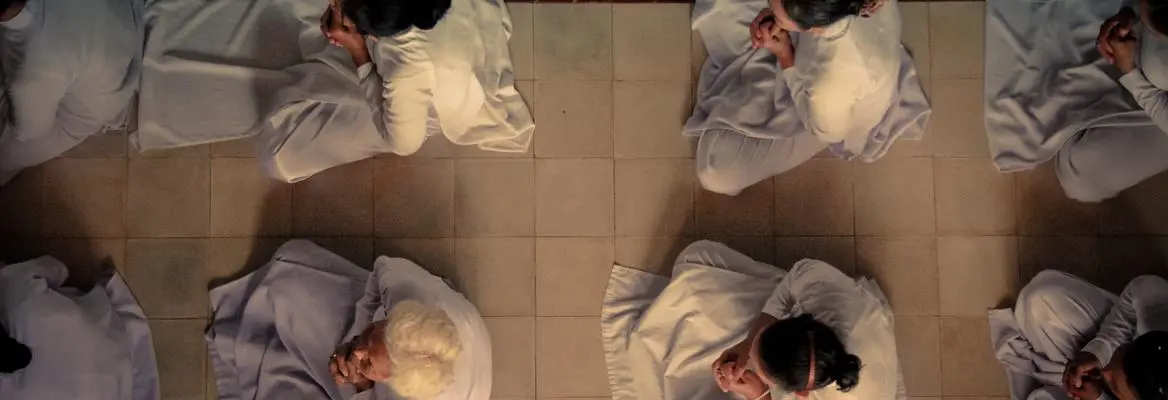All cultural endeavours require rituals. There could be no modern science without the rituals of the lab and academy, say. There could be no modern art if people did not understand the rituals of the gallery, and how to make the right gestures to break them. And, of course, human community and religious practice is unimaginable without rituals, from shaking hands to lighting candles.
So what is a ritual? Well, there are many answers to this question. But I'd like to focus on one that highlights the link between rituals and the transcendent. The psychologist, Abraham Maslow, called it B-cognition, as opposed to D-cognition.
D-cognition is to do with the humdrum. The D stands for "deficiency" and Maslow saw this cognition as the kind of knowledge required for the daily business of striving and surviving, which is largely a process of finding what we lack. Hence, deficiency.
In B-cognition, the B is for "being", and this is the kind of understanding with which rituals and the transcendent are concerned. It is the felt or intuited sense of participating in the world at a deeper level of purpose and meaning. It is a different kind of knowing, one that reveals more than what's immediate.

Maslow offered an example. One day he was participating in a university graduation ceremony; apparently, he tended to think of such occasions as silly rituals. However, on this day he suddenly imaginatively perceived the procession of professors and students he saw in front of him as ritually representing a far larger stream. It began with the great historic figures at the origins of his academic discipline. It reached into the future with the generations of psychologists and students not yet born.
He was not experiencing a hallucination. Rather, the university procession ritually conveyed a vivid and transcendent representation of the deep meaning of university life and the human quest for knowledge.
Consider another example: the rituals that surround monarchy. They work insofar as they can hold together all sorts of elements that other political institutions struggle to do. A modern monarchy, for example, conveys elements that are necessary for a democracy to thrive though which cannot themselves be voted in.
For example, you can vote in new leaders but you cannot vote in values like charity and trust - elements that a modern monarchy will try to practice and dignify in the work they do, day by day. In this way, the performance of monarchy can help to inject values like charity and trust into the lifeblood of the democracy.
___
"...rituals carry to us that which is beyond our grasp without closing down the possible meanings of what is being conveyed."
___
Alternatively again, consider the rituals that sustain the vitality of important symbols. Staying with the example of monarchy, take the crown. It holds and represents what might be called transcendental ideals, like justice. The law frequently fails to deliver justice, not only because there are miscarriages of justice but because many cases of injustice fall outside of the reach of the law. And yet justice is a vital virtue for democracies to aim for.
One way to secure this constant reaching is to have it represented by the crown, the symbol of which is embossed on every judge's seat, the vitality of which is sustained by the rituals of a crowned monarch. They remind those in the court that a transcendental ideal is what they strive to achieve, even as they routinely fall short.















Join the conversation